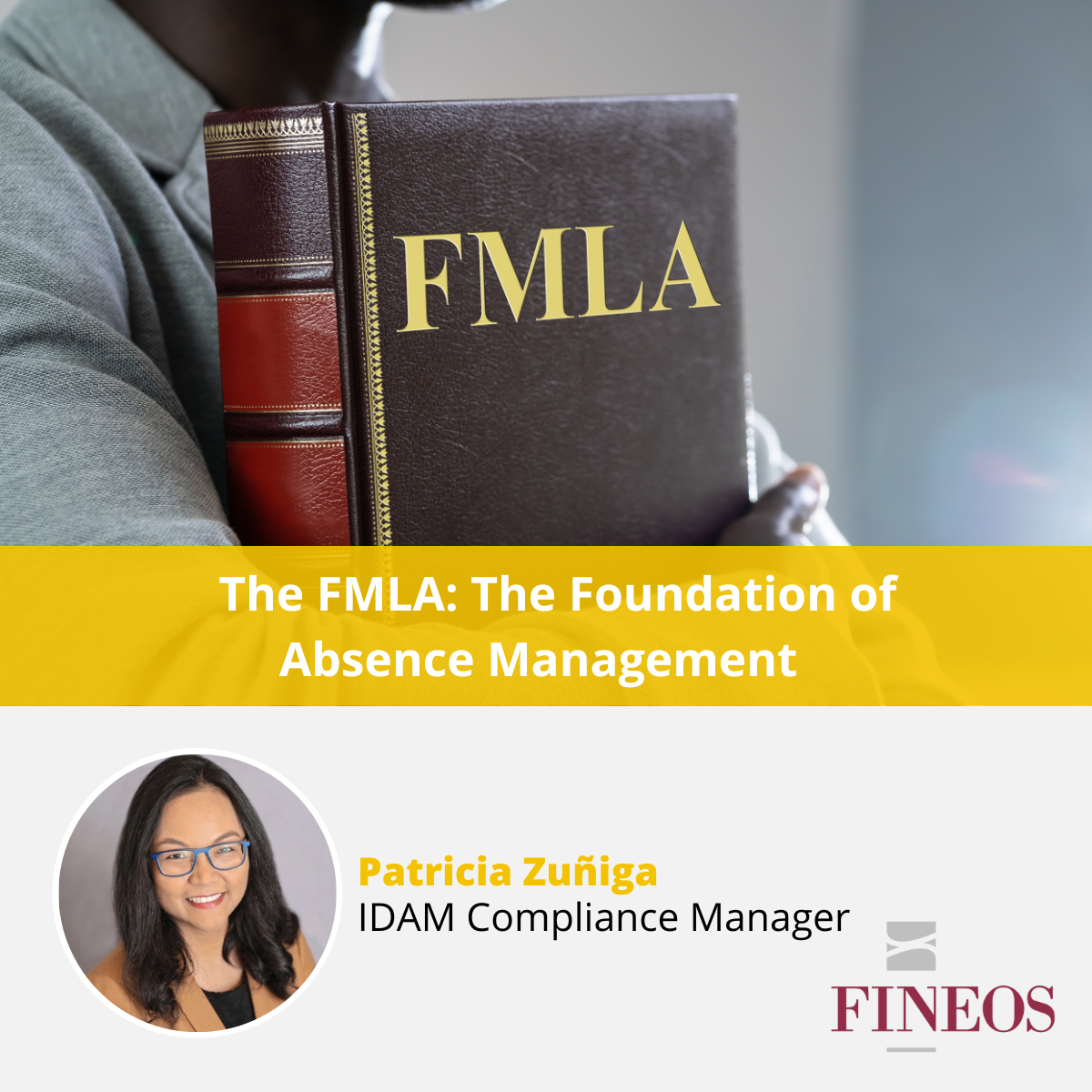Graham Newman, Head of Claims Solutions Europe, FINEOS discusses the role of claims at major events such as The Olympics.
Now that the World Cup is over – and for those of us blogging in England it was over rather quickly – the sporting among us hungry for global sports spectaculars have only to wait a short two years for the Olympics to fill the massive television screens in bars and pubs across the lands. Of course, it’s not obligatory to watch it on a 3-metre video wall in a noisy bar, or even on that rather-too-large-for-the-house flat screen TV you bought for the World Cup. Apparently, and this may come as a surprise to many couch-athletes, you can actually go along in RL, (Real Life), and see the athletes perform without a billion pixels interpreting the action for you.
Of course, this brings all kinds of challenges – how do I get there? Where will I stay? Where do I buy my tickets? What will I eat? Will I get a decent drink? Will I be able to see clearly? How do they manage the slow motion replays in Real Life?
It also brings some rather interesting challenges for the insurance industry. It’s all too easy for those not connected to the industry to forget the extent of the risks, both physical and financial that accrue to major sporting events and the inevitable fact that these risks need insuring.
FINEOS recently sponsored a “Spotlight on London Market” event for the London Market Faculty of the Chartered Insurance Institute, (CII), where the role of insurance at major events such as the Olympics was debated. The event was recorded and the videos are available on the CII website, although I can’t seem to find the slow-motion replay option. We heard from Jonathan Clark of Cunningham Lindsey about what those liabilities include, there were some interesting historical facts from Paul Maynard of Willis reminding us that it’s an ill wind, and all that, as even the Black Death brought much-needed social change and huge improvements in the lot of the average man, (the average woman had to wait several centuries longer for much change). Steve Atkins of Pool Re reminded us of the threat of terrorism and the responsibilities of the insurance industry.
We chose to highlight the role of claims in such circumstances, as although the insurers have so much careful and skilled work to do in assessing risks and writing appropriate business it is only when things start to go wrong that the wider public gets to see how they really perform, and claims is the crucible in which the insurers’ reputations are really forged. An insurance executive recently said to me, “Claims is where the rubber hits the road” , and I’m sure you can think of similar metaphors that illustrate the importance of claims. After all, this is the output, it is the product of the insurance industry. “Claims” is what the industry produces, as BMW produces cars and BP produces oil – loads and loads of it apparently!
With the London Olympics the eyes of the world will be upon it and the way the industry reacts to any major event – and lots of little ones – has the power to enhance or diminish the reputation of the UK insurance industry world-wide. The industry deals with these things all the time – or deals with the risk that they could occur. But . . . a major event such as the Olympics acts as a catalyst . . . the world’s attention is there, there is increased leverage, (legal or otherwise, terrorism or strikes), and potential for huge publicity. And . . . it simply enhances the impact of any event – millions of more people, millions more journeys, millions more transactions, millions more everything.
In the claims process there a basically three pillars that support ways of dealing effectively with the problems and issues arising when such risks unfold: People – Process – Technology. We took a brief look at each and the roles they play in the unfolding dramas.
Here’s a cliché to start us off: People are our greatest asset.
Still, no less true for being a cliché. Skilled and well motivated staff are the key to any successful operation, especially one in crisis or under unusual pressure. A lot is currently being said and written about the difficulties of attracting, training and retaining decent staff – that’s without an event like the Olympics with its unique circumstances. Insurers must be able to support unexpected – or at least un-forecasted – increases in demand – and in complexity. They may have to enable tasks to be carried out in new ways in order to meet rising demands and expectations. Staff may be absent on leave, unable to get to work if caught up directly or indirectly in any large or widespread event. It pays to be able to use all the agents of the process efficiently. An important aspect to be aware of is that people work to their measurement – not necessarily to success. It’s crucial to ensure that the right measures are being used to get the optimum performance. Be very careful what you measure – because targets can easily become self-fulfilling prophecies.
We have also seen an increasing involvement of the end customer into the claims process. The use of claimant portals, on-line tracking and access can provide massive savings and efficiency gains. And here I’m using the “customer” in the broadest sense – be it the broker, agent, cover holder, doctor or salvage expert in the field. This could be critical in processing claims at an event such as the Olympics, where many people making small level claims may only be in the country for a couple of weeks, and their claims will continue to be processed long after they have returned home.
The system processes in place must support the people using them. One imperative here is to reduce the amount of low level work – through automation and straight through processing, in which the built-in logic and claims rules of a good claims system make the decisions and pass work through. Automatic segmentation delivers the right work to the right people at the right time. Segmenting by authority levels and claims value, complexity, class of business, and also by specialist groups for dealing with fraud investigation, subrogation, recovery etc. all assist in speeding claims through and reducing error. It is vital to reduce Failure Demand, which is demand caused by internal failure to do it right first time.
The use of external expert systems to provide specialist information and skills can offer tremendous improvements in accuracy, reserving, fraud and leakage handling. Relevant expert decision support systems can trawl through thousands of items of data and uses complex algorithms to provide analytical support information such as potential fraud scores. These enable pattern recognition far beyond scope of individuals. Results from expert systems enable both automatic and human decisions about where to proceed from there. By these means the progress of a claim can always be “right-tracked” and follow the optimal path to resolution.
Technology as liberator. During the recent ACC, (Ash Cloud Crisis), some insurers such as Thomas Cook were able to step up to the sudden demands imposed upon them after the volcanic ash debacle by judicious use of Straight Through Processing enabled by their claims technology – they could very easily re-set the authority limits and so automatically process more business. The simple intuitive systems they had meant a short time to competency for new, transferred and temporary staff. Complementary to all this was the insurance and claims expertise embedded within the claims system which brought efficiency and consistency – and mitigated risk – without removing from highly skilled staff the ability to use their skills to make the right judgements where necessary and appropriate.
Embedded claims expertise. Good technology allows the insurer to build their own expertise into the processes using appropriate tools. The entire process of a task – or sub-task – is mapped out and all the decisions, paths, rules etc. are built in. It ensures consistency and optimum throughput.
The right strategy will direct insurers to define the right processes, attract and retain the right people and give them the right technological tools for the job.
But, back to that cliché – never forget this is people business.


